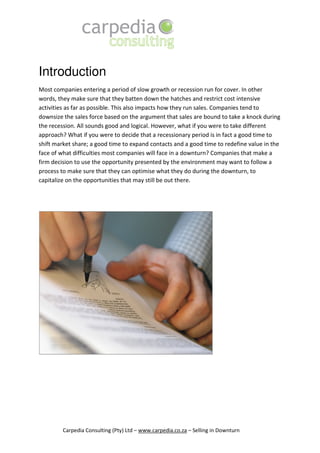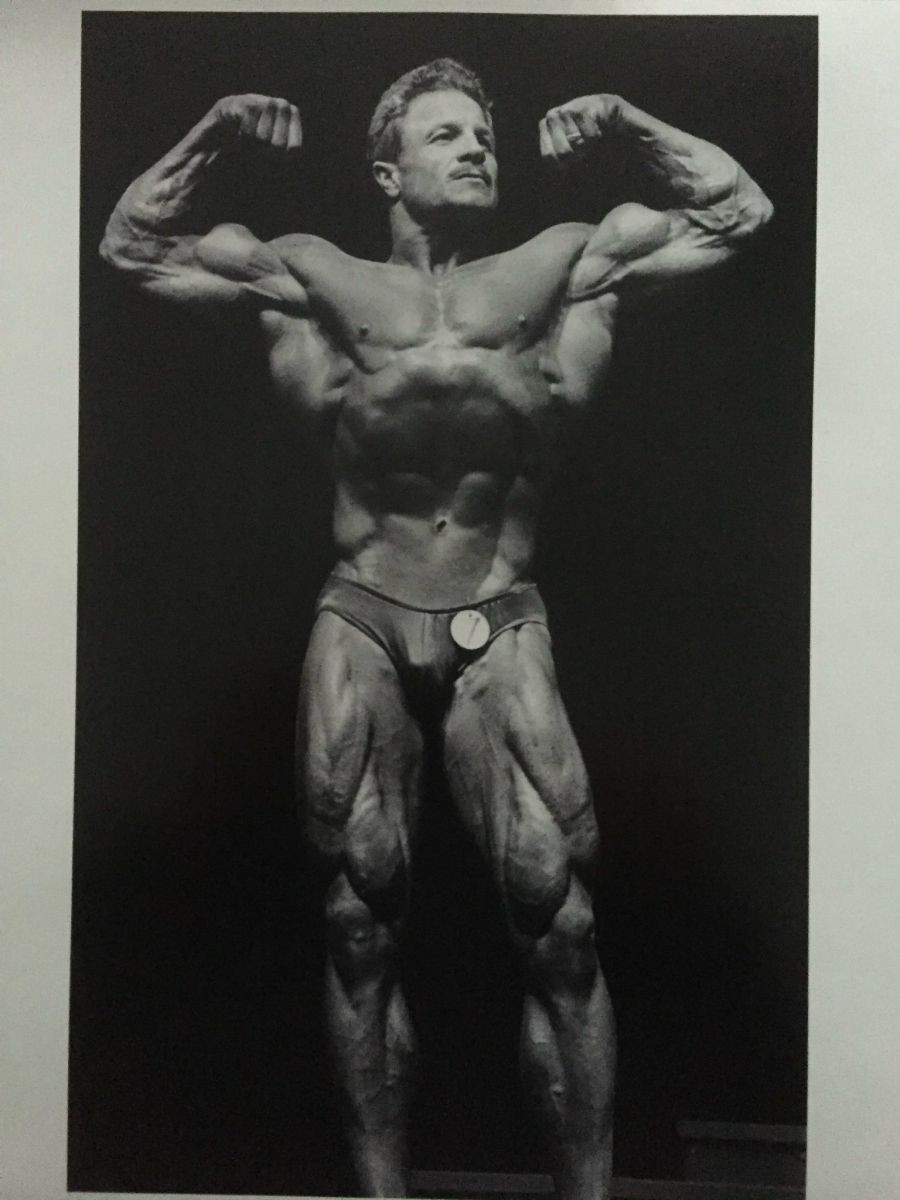Legal Battle Brewing Over Transgender Athletes In Minnesota

Table of Contents
The Current Legal Landscape in Minnesota Regarding Transgender Athletes
Currently, Minnesota lacks a comprehensive state law specifically addressing transgender athletes' participation in sports. This absence of explicit legislation creates a complex and often contested environment. The issue is primarily handled by governing bodies like the Minnesota State High School League (MSHSL) and individual college athletic associations, leading to inconsistencies across different levels of competition.
- Existing Legislation and Proposed Bills: While no statewide law directly addresses transgender athletes, various bills have been proposed in the Minnesota legislature, reflecting the ongoing political debate. These bills often propose different approaches, ranging from complete bans on transgender participation to more inclusive policies based on individual assessments.
- Relevant Court Cases and Rulings: Minnesota hasn't seen major court cases directly addressing this issue at the state level. However, legal precedents from other states and federal court rulings on Title IX and related discrimination laws significantly influence the arguments and strategies employed in Minnesota. Decisions in other jurisdictions concerning transgender rights in education and sports directly inform the debate.
- Involvement of the MSHSL and Other Governing Bodies: The MSHSL, responsible for high school athletics, has implemented policies regarding transgender student-athlete participation. These policies are often subject to review and revision, reflecting the evolving legal and social landscape surrounding transgender rights and sports. Similar policies exist at the collegiate level, with varying degrees of inclusivity across different institutions.
Arguments For and Against Transgender Athletes' Participation
The debate surrounding transgender athletes in Minnesota, and nationally, is sharply divided. The central conflict lies between principles of inclusion and the maintenance of fair competition.
Arguments in Favor of Inclusion
Proponents of inclusive policies for transgender athletes emphasize fundamental principles of fairness, equality, and non-discrimination.
- Fairness, Inclusion, and Non-Discrimination: Advocates argue that excluding transgender athletes violates principles of equal opportunity and constitutes discrimination based on gender identity. They highlight the importance of creating a welcoming and inclusive environment for all students.
- Mental and Physical Health: Denying transgender youth the opportunity to participate in sports can have severe negative impacts on their mental and physical health. Participation in sports offers significant benefits for physical and emotional well-being, and exclusion can exacerbate existing challenges faced by transgender individuals.
- Equal Opportunities in Sports: Allowing transgender athletes to participate ensures that they have equal opportunities to experience the benefits of sports participation, including physical fitness, teamwork, and social interaction.
Arguments Against Transgender Athletes' Participation
Opponents of inclusive policies often raise concerns about fair competition and the potential for an unfair advantage.
- Fair Competition and Competitive Advantage: Some argue that transgender women may possess inherent physiological advantages over cisgender women, potentially undermining the integrity of women's sports. This concern often focuses on differences in muscle mass, bone density, and other physiological characteristics.
- Perspectives of Cisgender Female Athletes: Concerns are also raised regarding the potential displacement of cisgender female athletes, who may lose opportunities for scholarships, team positions, and overall participation due to the inclusion of transgender athletes.
- Scientific Studies and Arguments: The scientific literature on this topic is evolving and often contested. Studies examining the impact of hormone therapy on athletic performance are ongoing, and the conclusions drawn often vary depending on the methodology and focus of the research.
Potential Legal Ramifications and Future Outlook
The legal battles surrounding transgender athletes in Minnesota could have significant consequences.
- Changes to State Laws or Policies: The ongoing debate could result in the enactment of new state laws, either explicitly banning or affirming the inclusion of transgender athletes in sports. These laws could significantly shape participation policies at all levels of competition.
- Federal Intervention or Supreme Court Rulings: Federal laws, such as Title IX, could play a significant role in shaping the legal landscape. Federal court challenges and potential Supreme Court review could establish nationwide precedents, impacting policies beyond Minnesota.
- Broader Implications for Transgender Rights and Athletic Participation Nationwide: The outcome of legal challenges in Minnesota will have implications for the broader debate surrounding transgender rights and athletic participation across the United States. The decisions made will influence policies and legal strategies in other states facing similar issues.
The Role of Advocacy Groups and Public Opinion
The debate surrounding transgender athletes in Minnesota involves a complex interplay of advocacy groups and public opinion.
- Key Organizations and Their Stances: LGBTQ+ rights organizations, sports advocacy groups, and other related organizations play crucial roles in shaping public discourse and influencing legal strategies. Their involvement includes lobbying efforts, public awareness campaigns, and legal representation.
- Public Opinion and Media Coverage: Media coverage and public opinion significantly influence the political and legal landscape. Public perception of fairness, inclusion, and competitive balance directly impacts legislative action and judicial decisions.
- Social Media and Public Discourse: Social media platforms have become important battlegrounds in this debate, amplifying various perspectives and sometimes contributing to misinformation and polarization.
Conclusion
The legal battle surrounding transgender athletes in Minnesota is far from over. This complex issue requires careful consideration of legal, ethical, and social implications. The outcome of this fight will significantly impact not only Minnesota but also set a precedent for other states grappling with similar challenges. Stay informed about developments in this ongoing legal battle and consider supporting organizations dedicated to protecting the rights of transgender athletes in Minnesota and nationwide. Further research into the intricacies of the "Transgender athletes Minnesota" debate is crucial for a comprehensive understanding.

Featured Posts
-
 Evaluating Espns Projection For The Red Sox 2025 Outfield
Apr 28, 2025
Evaluating Espns Projection For The Red Sox 2025 Outfield
Apr 28, 2025 -
 Market Downturn Did Retail Investors Capitalize On Professional Selling
Apr 28, 2025
Market Downturn Did Retail Investors Capitalize On Professional Selling
Apr 28, 2025 -
 127 Years Of Brewing History Ends Anchor Brewing Company Shuts Down
Apr 28, 2025
127 Years Of Brewing History Ends Anchor Brewing Company Shuts Down
Apr 28, 2025 -
 Njwm Ealmywn Yuhywn Mhrjan Abwzby Fy Dwrth Al 22
Apr 28, 2025
Njwm Ealmywn Yuhywn Mhrjan Abwzby Fy Dwrth Al 22
Apr 28, 2025 -
 Red Soxs 2025 Plan Replacing Tyler O Neills Impact
Apr 28, 2025
Red Soxs 2025 Plan Replacing Tyler O Neills Impact
Apr 28, 2025
